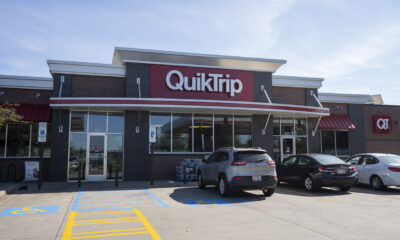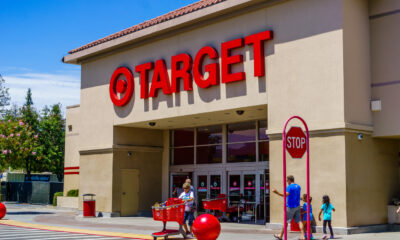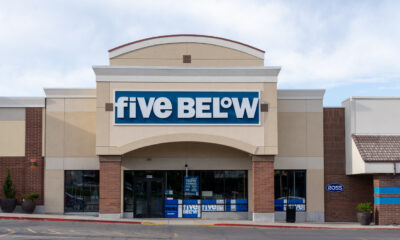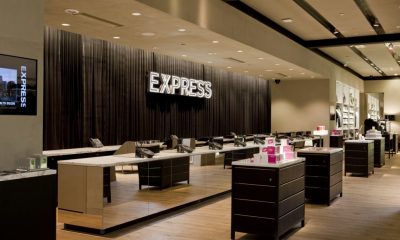Wal-Mart Stores Inc. (Bentonville, Ark.) has reshuffled top management as it moves to take over an operation in Japan.
The world’s biggest retailer said it would spend almost $600 million to take full control of The Seiyu Ltd. (Tokyo), its affiliate supermarket chain. And it said that its top executives who run the United States operations and international operations would effectively switch jobs in a move aimed at grooming the chain's top talent and increasing overall growth.
The purchase will increase Wal-Mart's stake in Seiyu to just over 50 percent, from 42 percent, enough to turn the Japanese company into a full subsidiary.
“This investment is intended to give Seiyu increased financial stability and continue strengthening Wal-Mart's presence in the second-largest retail market in the world,” said John Menzer, ceo of Wal-Mart Intl.
Menzer will leave his post and take on a new leadership role that includes responsibility not only for Wal-Mart Stores U.S.A. but also for major units like real estate, logistics, information services, benefits, global procurement, financial services, store planning and strategic planning.
The new president and ceo of Wal-Mart International will be Michael Duke, currently president and ceo of Wal-Mart Stores U.S.A.
Advertisement
Both men have been named vice chairmen of the organization. The promotions spotlight both Duke and Menzer as potential successors to H. Lee Scott, Wal-Mart's ceo since 2000.
The new chief of Wal-Mart Stores U.S.A. will be Eduardo Castro-Wright, who joined the division six months ago as chief operating officer after leading Wal-Mart Mexico. He will report to Menzer.
Seiyu has posted losses every year since Wal-Mart first purchased its stake in 2002. In August, the 400-unit supermarket and department store chain posted a net loss of 10.6 billion yen ($93 million) in the six months ended in June. On Friday, it reiterated its projection of a fourth consecutive loss in the current fiscal year.
Japanese customers seem to prefer clipping coupons on sale items to getting everyday low prices. Japanese consumers are said to be notoriously finicky, demanding high levels of freshness and quality even if that means higher prices. Many foreign retailers like Carrefour of France and L.L. Bean (Freeport, Me.) have opened here, only to pull out amid losses.
Also, a complex web of distribution companies has said to have thwarted Wal-Mart’s efforts to wring lower prices from suppliers.
Since buying its first stake three years ago, Wal-Mart has treaded carefully, making few visible big changes at Seiyu beyond revamping aged stores. Wal-Mart has kept the Seiyu name and has opened few of the sprawling supercenters that it is known for in the United States.
Advertisement
At home, Wal-Mart has fallen short of its sales goals for the last two quarters, as rising gasoline prices have eaten into the spending power of its primary customers. In August, Wal-Mart reported its smallest quarterly rise in earnings in nearly four years, 5.8 percent.

 Headlines1 week ago
Headlines1 week ago
 Headlines2 weeks ago
Headlines2 weeks ago
 Headlines2 weeks ago
Headlines2 weeks ago
 NEXT UX1 week ago
NEXT UX1 week ago
 Headlines6 days ago
Headlines6 days ago
 Headlines3 days ago
Headlines3 days ago
 Headlines1 week ago
Headlines1 week ago
 Headlines1 week ago
Headlines1 week ago














